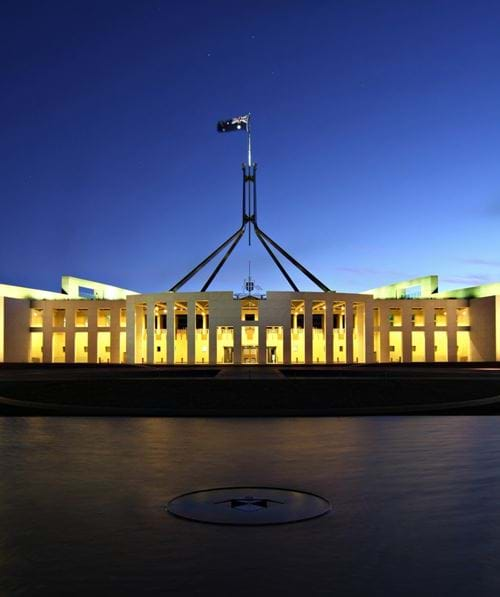Australia facing engineering shortage
19th July 2012

Addressing the shortage of engineering skills in Australia will require targeted policies from the government to attract new engineers and retain existing engineers, according to a new report.
The Senate Education, Employment and Workplace Relations Committee was commissioned by the Senate in November 2011 to look at the problem of the engineering skills shortage in Australia. Its report, The Shortage of Engineering and Related Employment Skills, sets out 12 recommendations to the Australian government on the implications of the crisis and how to tackle it.
Whilst no measures refer specifically to chemical engineering, Skills Australia forecasts that 37,000 additional professional and management engineers will be needed by 2016. The actual figure is likely to be much higher because those figures don't take into account large infrastructure, defence and mining projects scheduled for the next few year, nor do they consider the number of replacing those engineers approaching retirement.
The committee blamed a gradual cutback in government-run training schemes and the failure of the private sector to fill the gap. Engineering in Australia has a problem not only with a skills gap in the existing workforce, but with difficulties in recruiting candidates for specific vacancies too. The proportion of vacancies filled in 2011 was only 41% and companies are increasingly turning to recruiting from overseas on temporary visas. Engineering graduates are in high demand from other sectors, and are lured away by high salaries. There is also a shortage of women in the sector.
The 12 recommendations include seeking the advice of Australia’s chief scientist on how to develop science, technology, engineering and maths (STEM) courses, and promote STEM throughout the states. The government should consult with the Australian Workforce and Productivity Agency to work out why so many people leave the profession after training. It should work with industry to ensure university courses are suitable and extend supported places for domestic students. The government should look at ways to encourage employers to offer both work experience and graduate training programmes, and encourage older engineers and women to remain in, or return to the workforce. Interestingly, it also suggested creating senior technical engineering roles in the Australian public service. This would mean highly qualified engineers could continue to progress in their careers, and ensure the government had the appropriate advice when purchasing engineering infrastructure.
IChemE Communications manager Matt Stalker says: “The situation in Australia largely mirrors that of UK chemical engineering a decade ago. That skills shortage has now largely been solved, particularly with regard to the number of students studying chemical engineering at university but it needed industry, academia and IChemE to come together and develop a clear plan. Only by raising public awareness of the career opportunities available to engineering graduates and the key role they play in society will this problem be solved. There is no quick fix.”